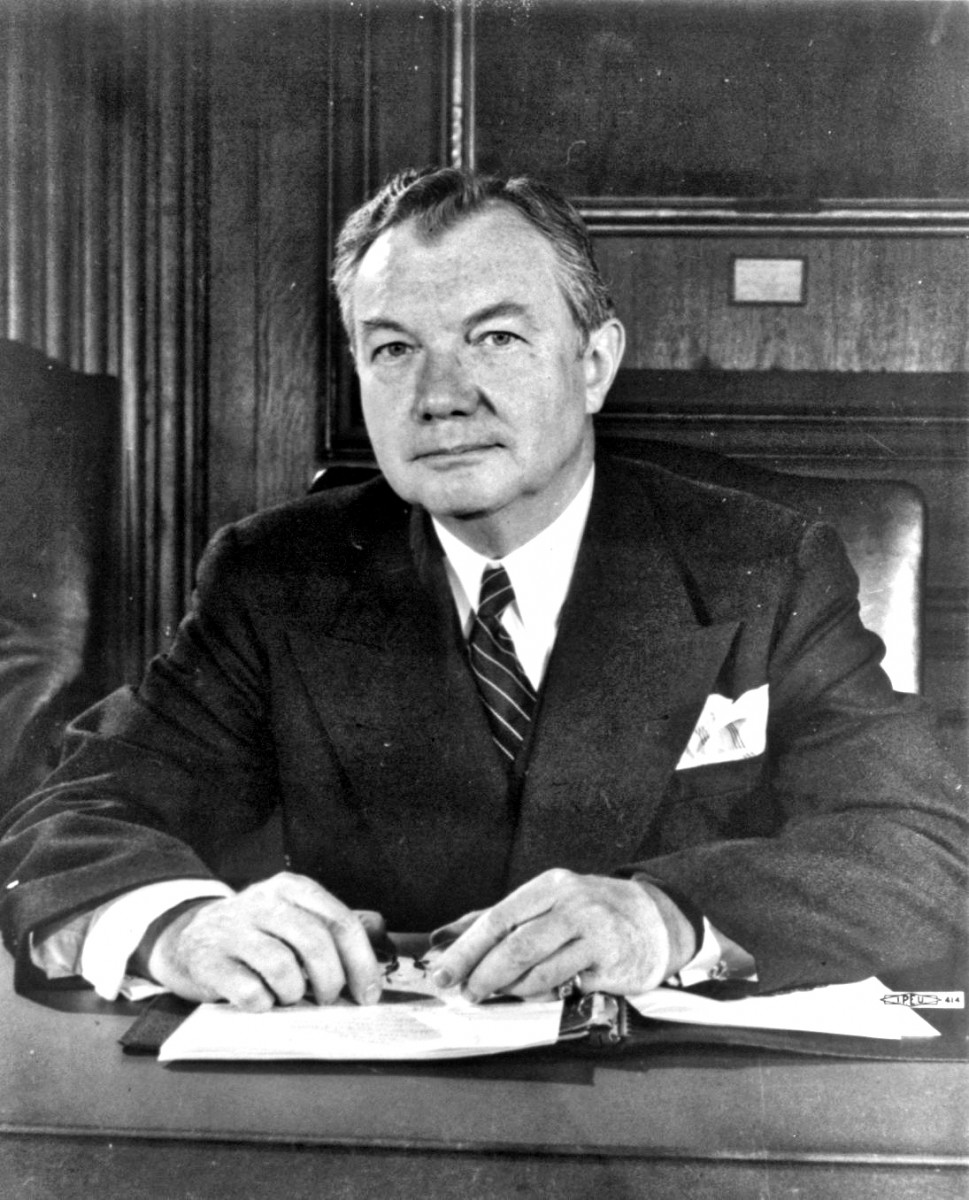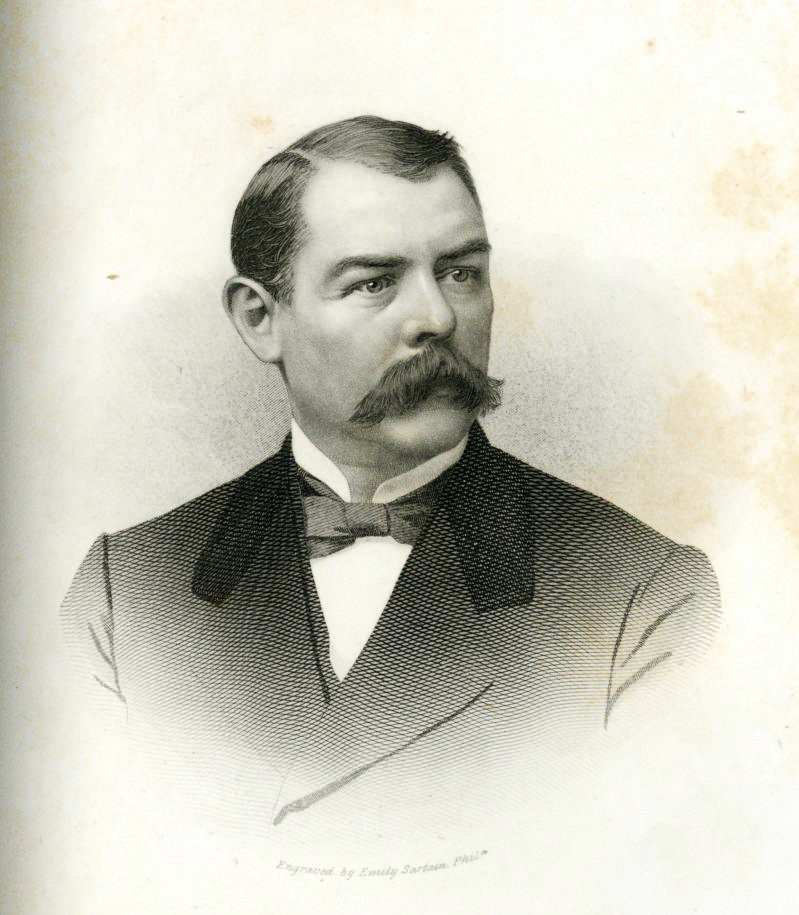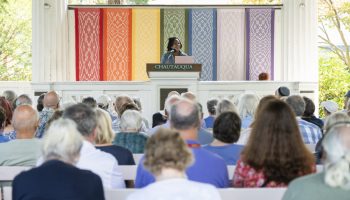Although Chautauqua County lies much farther north than most of the well-known battlegrounds against segregation and for civil rights, two local figures give the area extensive ties to two of the most significant legal decisions in the history of America.
Albion Tourgée, a resident of Mayville in his later years, served as the lead attorney for Homer Plessy, fighting against the case that upheld “separate but equal” as Constitutional, Plessy v. Ferguson. Beyond his role in that case, Tourgée was a Civil War veteran, a North Carolina judge, a civil rights advocate and a nationally renowned author.
Several years later, Supreme Court Justice Robert H. Jackson, who had previously studied law and writing in Jamestown, went on to study Tourgée’s writings before playing a role in the landmark case, Brown v. Board of Education, that would overturn the archaic findings of Plessy v. Ferguson.
Jon Schmitz, Chautauqua Institution’s archivist and historian, and Greg Peterson, co-founder of the Robert H. Jackson Center, will give a lecture at 3:30 p.m. today, July 19, in the Hall of Philosophy to discuss the lives and work of Tourgée and Jackson. The talk will be a part of the Oliver Archives Heritage Lecture Series that highlights the history of the Institution and surrounding areas.
On the 65th anniversary of the 1954 Brown v. Board of Education decision, Peterson will delve into the legacies of these iconic cases and the roles these two locally connected figures played in shaping race relations in the United States.
“We’re looking forward to examining these two important individuals, both connected to Chautauqua County, who were at the bookends of this incredible segregation-integration story,” Peterson said.
According to Peterson, continuing to discuss the impacts of both Brown v. Board of Education and Plessy v. Ferguson remains relevant in the 21st century.
“(Plessy v. Ferguson) was one of the nation’s most devastating acts, as it legalized a form of segregation,” Peterson said. “Today, in other forms, though not the law of the land, that segregation may find form in other policies and cultural norms.”
At a time when issues of race and diversity are sparking ideological clashes across the country, Peterson said there’s never been a more important time to look back into the past and to learn from previous successes and mistakes.
He also said he hopes to recognize the efforts of both Tourgée and Jackson, and to honor their connections to Chautauqua County. Both figures have deep ties to the area; Tourgée, despite traveling across America and eventually to France during the course of his life, lived in Mayville during some of his later years, and is interred in the Mayville Cemetery.
On the day he was buried in Mayville, local stores and the school were closed out of respect. His grave is marked by a 12-foot obelisk marked with the words “I pray thee then Write me as one that loves his fellow-man.”
Peterson said that both during his time in Mayville and before, Tourgée played an influential role in shaping race relations in post-Civil War America.
“In regards to race relations in the late 1800s, Mr. Tourgée’s role is multifaceted,” Peterson said. “Albion Tourgée was involved not only as a Civil War veteran, but as a Reconstruction-era judge in North Carolina, an activist-author and a civil rights lawyer. He really did quite a bit.”
Jackson wasn’t a long-term resident of Chautauqua County, but he remains connected to the area to this day through the Robert H. Jackson Center in Jamestown. The site is a nonprofit historical center dedicated to the life and legacy of Justice Jackson.
Peterson said Jackson’s role in Brown v. Board of Education was influenced by his knowledge of Tourgée’s work.
“Justice Jackson, while preparing for cases relating to the issue of separate but equal, sought out and obtained Ablion Tourgée’s briefs, memorandums and other related writings,” Peterson said. “Those writings influenced his thinking as he built up to the landmark Brown case.”
By acknowledging the work of both Tourgée and Jackson, Peterson said people can better understand how to move forward in the fight for racial equality.








